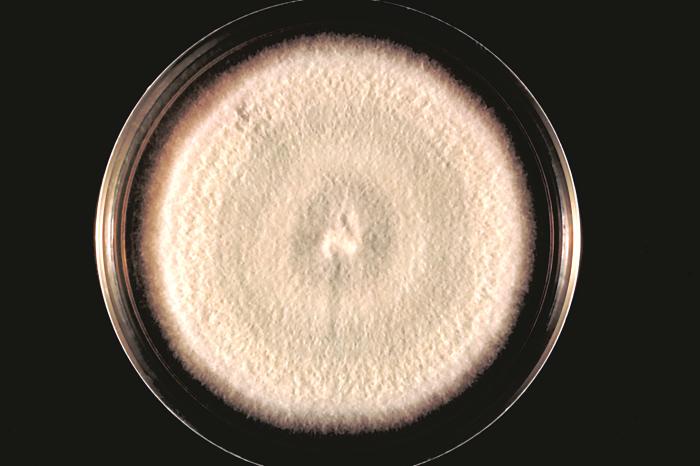| drug name | Mupirocin |
| drug class | Topical Antibiotic |
| pharmacokinetics | Mupirocin, a topical antibiotic, is applied directly to the skin. It exhibits low systemic absorption, with the majority of the drug cleared by the kidneys or removed through the skin. The half-life varies depending on the application method and site, typically reaching peak skin concentrations within several hours of application. |
| suggested dosage | Apply a thin film to the affected area 2-3 times per day. The duration of treatment is typically 2-5 days, but may vary depending on the condition. Consult a physician for specific instructions. |
| indications | Treatment of superficial skin infections, such as impetigo, folliculitis, minor skin abrasions, and other localized skin infections. |
| safety pregnancy | Generally considered safe during pregnancy, but use caution. Consult a physician before use. |
| safety breastfeeding | Generally considered safe, but limited data exists. Consult a physician before use. |
| side effects | Common side effects include mild skin irritation (redness, itching, burning) at the application site. These are usually mild and transient. Report any severe or persistent side effects to your physician. |
| alternatives | |
| contraindications | Hypersensitivity to mupirocin or its components. Do not use in the eyes or other mucous membranes. Avoid long-term use unless directed by a physician. |
| interactions | Limited significant drug interactions have been reported. Possible interactions may occur with other topical medications. Consult your physician about concomitant use of other topical or oral medications. |
| warnings and precautions | Use only as directed. Avoid large treatment areas. For prolonged facial use, avoid use if possible to minimize skin irritation. Discontinue use and contact your physician if symptoms worsen or do not improve. |
| additional informations | Mupirocin is primarily indicated for superficial skin infections and not for systemic use. Some formulations are available over-the-counter. |
| patient specific considerations | | age | No specific dosage adjustment typically required for 25 years old. | | weight | No specific dosage adjustment typically required for 70 kg. | | sex | No specific dosage adjustment typically required for male. |
|
| formulations | |

